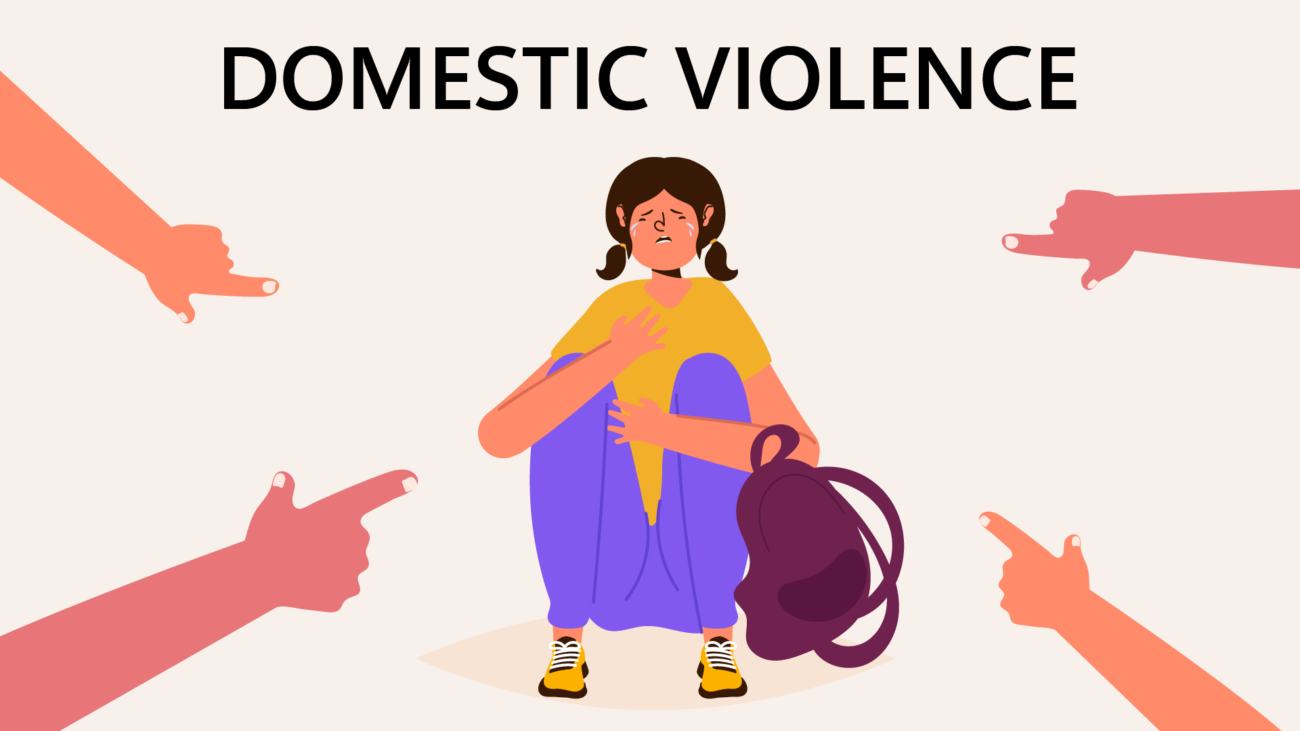Cyber Bullying refers to bully and harassment of any kind inflicted electronic communication devices. Like computers, mobile phones and laptops. And usually involve text messages, phone calls, e-mails, social media platforms and chat rooms. Posting of bad words, Hate comments, fake information on public forums, threats to destroy their image, rape and kill.
Using the Internet, cell phones and other devices to send text or images post intended to embarrass another person.
Simply, harassment of a person using the Internet, cell phone, or other digital devices can be termed cyberbullying. It involves posting sensitive information and sending offensive text messages or hateful comments about the victim.
Using foul language in emails, text messages, or chat rooms against a person, either girl or boy.
Sending hurtful, hateful, and threatening messages. This refers to Harassment.
Using a fake identity to damage an individual’s reputation and publicly sharing real or fake information about them.
Anti-cyberbullying laws in India
There are no specific laws to stop cyberbullying in India. Section 66A of the Information Technology Act, this Act is for cyberbullying culprits. Section 66A punishment for sending annoying, offensive, and insulting communication through digital and information communication technology.
Here are few laws that can be used to tackle cyberbullying:
- Publishing obscene material – Sec. 67
- Publishing sexually explicit material in electronic form – Sec. 67A
- Sending defamatory messages by e-mail – Sec. 499 IPC
- Stalking and attempting to contact a woman – Sec. 354D
- Violation of privacy – Sec. 66E
- Criminal intimidation by anonymous communication – Sec. 507
Punishment for harassment on social media?
The requirements of the IT Act the maximum penalty is five years in prison and a fine that may exceed ten lakhs in the case of a first conviction. And seven years in prison and a fine that may exceed ten lakhs in the case of a second conviction.
Conclusion
In conclusion, cyberbullying is a serious issue that refers to bullying and harassment of any kind through electronic communication devices. This can include sending offensive messages, posting sensitive information, and using fake identities to damage a person’s reputation. Although there are no specific laws to stop cyberbullying in India, there are various provisions in the Information Technology Act and the Indian Penal Code that can be used to tackle the issue. The penalties for cyberbullying can range from fines to imprisonment and can vary based on the severity of the crime. It’s important for individuals to be aware of the consequences of cyberbullying and to use technology responsibly.








